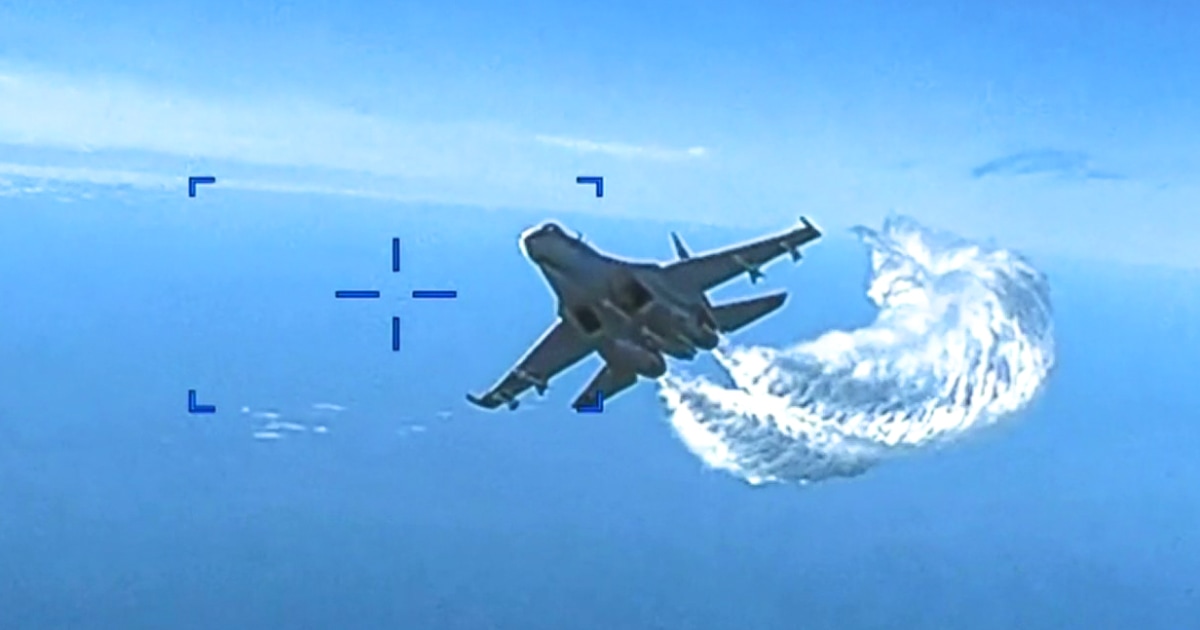Key takeaways:
- The Black Sea has been thrust into the spotlight after a U.S. surveillance drone was forced to be ditched into the water.
- The incident has raised a key security question for Washington and its allies: Is there a clear strategy for the Black Sea?
- The U.S. must now consider how to respond to this incident and how to protect the Black Sea from further aggression.
The Black Sea has long been a point of contention between Russia and the West, and this week it was thrust into the spotlight after a U.S. surveillance drone was forced to be ditched into the water. According to John Kirby, White House national security spokesman, the aggressive move by a Russian pilot did not constitute an act of war and will not lead to U.S. military escorts of future drone flights.
The incident has raised a key security question for Washington and its allies: Is there a clear strategy for the Black Sea, which could now become a major flashpoint? Kirby spoke shortly after the Pentagon released video of the Russian pilot’s efforts to shower the drone with aviation fuel and a subsequent mid-air collision.
The encounter has drawn attention to the body of water that has been at the heart of the war in Ukraine, and has put a deal to let critical supplies of grain exit Ukraine’s ports on the Black Sea in jeopardy. Kirby said the move was “deliberate, aggressive, and overly aggressive,” but that it will not deter missions.
The U.S. and its allies must now consider how to respond to this incident and how to protect the Black Sea from further aggression. The U.S. must also consider how to ensure the safety of its surveillance drones, as well as the security of the region. It is clear that the Black Sea will remain a point of contention between Russia and the West, and the U.S. must be prepared to respond to any further aggressive moves.



Be First to Comment